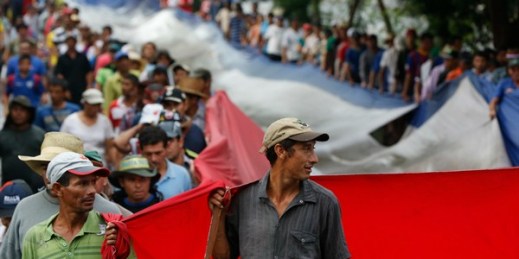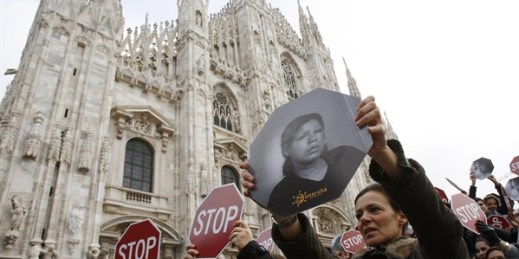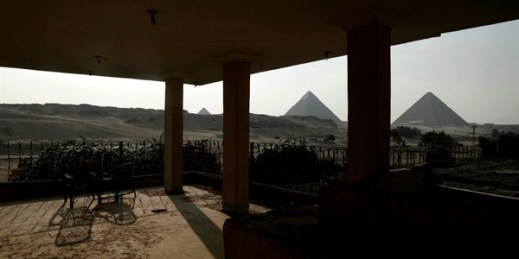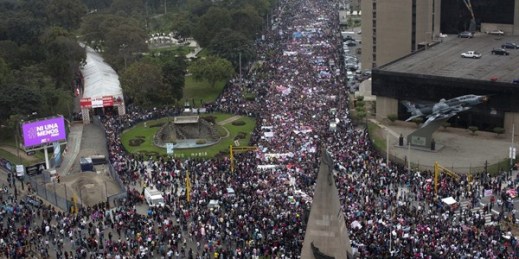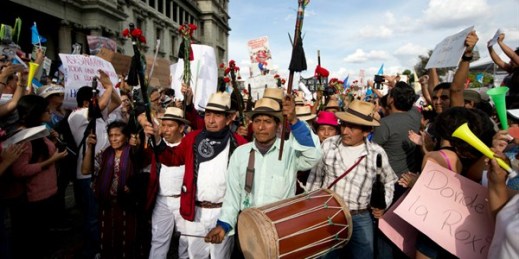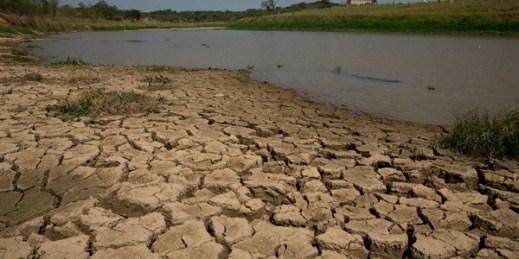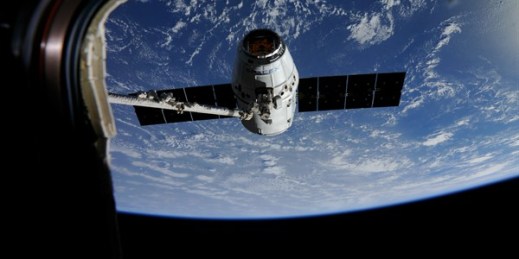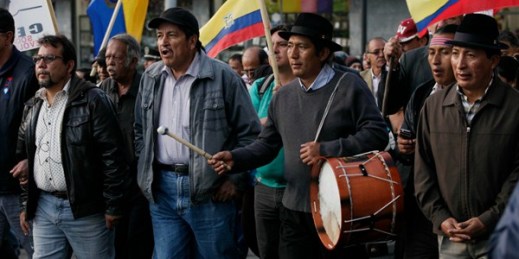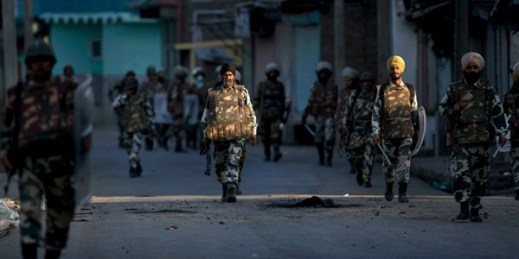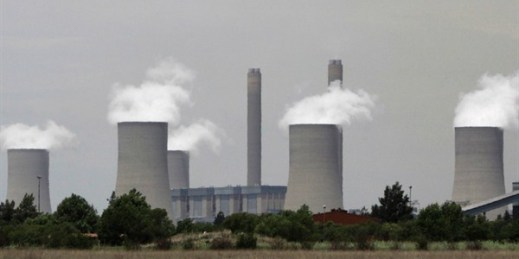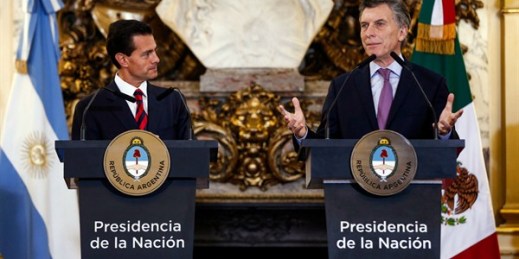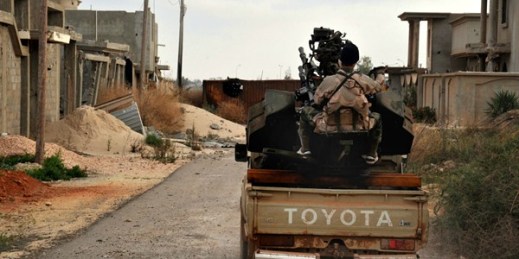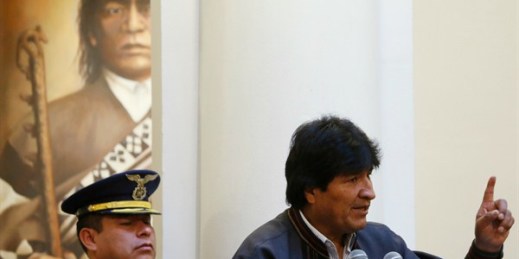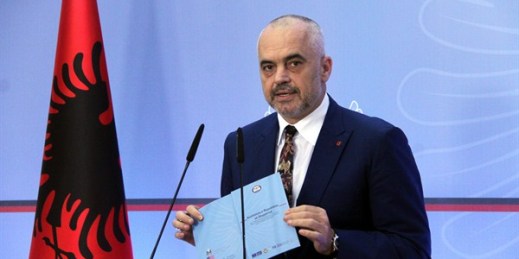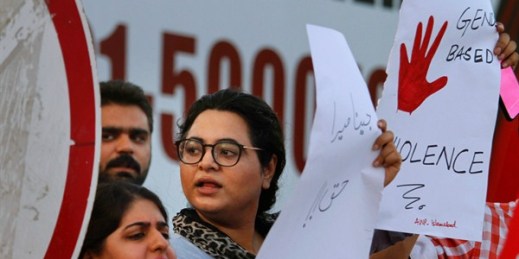
Editor’s note: This article is part of an ongoing WPR series on a range of countries’ space priorities and programs. The European Space Agency (ESA) expects that its Schiaparelli module will land on Mars on Oct. 19 for a brief mission to study what causes dust storms on the planet. In an email interview, Thomas Hoerber, a professor at the ESSCA School of Management, discusses the ESA’s mission and its relationship to the European Union. WPR: What are the European Space Agency’s space capabilities and who are its major international partners, in terms of space diplomacy and commercial ties? Thomas […]

